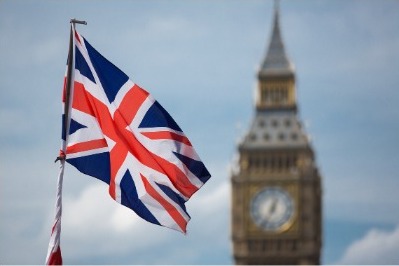How to Build Confidence as a Student
School years are the most foundational in personal development. With

Both Canada and the UK offer quality education and bright prospects for Indian students. The choice boils down to a few subjective factors, discussed here in detail.
Canada has globally reputed universities such as McGill, University of Toronto, and the University of British Columbia. The UK is a coveted destination because of Oxford, Cambridge, and Imperial College London.
Canadian universities are known as better choices for studying medicine, engineering, hospitality and business. Meanwhile, the UK has a better reputation for law, arts, humanities, and biotechnology.
In terms of language proficiency, IELTS or other English tests are accepted by UK universities. Canadian universities accept the IELTS or TOEFL as well, but some might need an additional French language proficiency test.
Canada charges roughly CAD150 (₹9.5K) for a student visa, while a UK visa would cost around £363 (₹42.5K). Both countries allow students to work part-time, which helps international students pay off costs.
Difference in cost is the deciding factor for a lot of students, since both countries have significant university and residence fees. While courses in Canada are more affordable (₹ 15-20 Lakhs for post-graduation), their duration is often longer than those in the UK (up to ₹30 Lakhs). The higher costs of courses in the UK can be balanced by shorter durations. Accommodation might fall in a similar range in both countries, subject to the specific city of residence. However, the day-to-day costs of living (food, grocery, utilities, etc.) would be relatively lower in the UK.
With their post-graduation work permit (PGWP) system, international students can often stay and work for up to three years after graduation in Canada.
The UK, too, recently announced a Graduate Visa, which allows international students to stay and work for two years after completing their degree.
For long-term residence, Canada is easier. Their immigration-friendly policies make it easier for graduates to acquire permanent residence. Indian students can apply with their work and study credentials for a chance to settle in Canada. The UK’s route is more difficult and requires multiple factors such as long-term sponsorship from your employer.
There are a lot of cultural similarities. Both countries are diverse and multicultural. The standard of living is also very high in both. However, climates are quite different. Canada is usually cold with minus degree temperatures and short summers. The UK has a more moderate and mild climate.
If your goal is more long-term and involves moving to another country, Canada might be the right place for you. However, for higher-ranked universities, shorter degrees, and a richer cultural experience, the UK makes more sense. Ultimately, both countries have great things to offer, and you can make the best of your experience with hard work and smart choices.
School years are the most foundational in personal development. With

Both Canada and the UK offer quality education and bright
Chat With Us